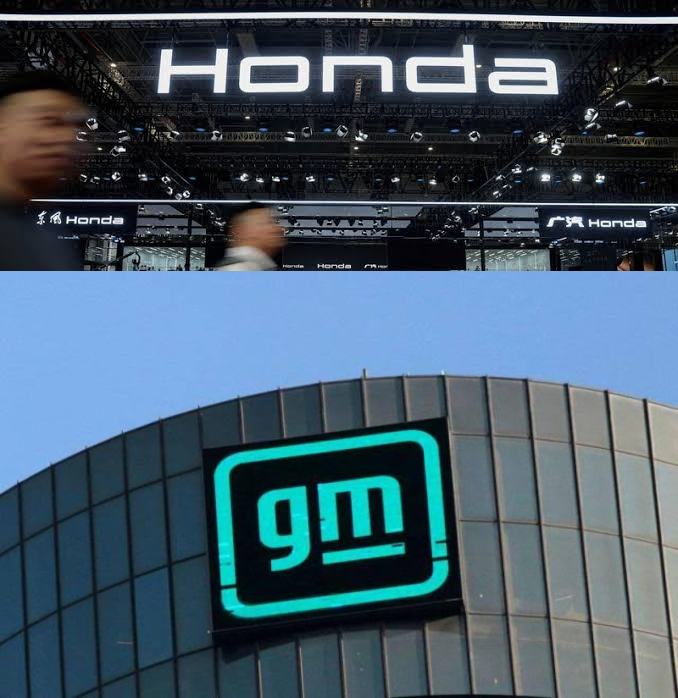Hydrogen is often touted as the “holy grail” of energy, as it can produce electricity without emitting greenhouse gases. But despite decades of research and development, hydrogen power has failed to achieve mass-market success due to high costs and lack of infrastructure.
That could change soon, as two of the world’s leading automakers, General Motors (GM) and Honda, have begun shipping fuel cell power systems to customers from a factory near Detroit. The fuel cells use hydrogen and oxygen to generate electricity, which can power vehicles and other devices.
The GM-Honda joint venture, called Fuel Cell System Manufacturing (FCSM), is the first of its kind in the industry. It aims to produce 2,000 fuel cell power units annually by the middle of this decade, according to Honda executive Jay Joseph.
The Challenges and Opportunities
A variety of products, including vehicles, stationary power generators, and heavy equipment, will use the fuel cell power units. Honda will launch a fuel cell version of its popular CR-V sport utility vehicle in March, while GM will supply fuel cell systems to commercial truck maker Autocar and mining and construction equipment maker Komatsu.
The two automakers are also collaborating with Japanese truck maker Isuzu to develop a hydrogen-fueled Class 8 semi truck, which could compete with battery-powered trucks from Tesla and other rivals.
However, fuel cell technology still faces significant challenges, such as the high cost of hydrogen production and distribution, the limited availability of hydrogen refueling stations, and the safety concerns over hydrogen storage and handling.
To overcome these hurdles, the GM-Honda joint venture is working with customers that have the ability to do centralized refueling, such as fleet operators and industrial users. The joint venture is also seeking to reduce the cost and size of the fuel cell systems, and to increase their durability and performance.
The Potential and Promise
Despite the difficulties, fuel cell technology offers the potential and promise of a sustainable, clean-energy future. Fuel cell vehicles can match the range and refueling speed of conventional vehicles, while emitting only water vapor. Fuel cell power generators can provide reliable and resilient electricity for homes and businesses, especially in remote or disaster-prone areas. Heavy equipment can reduce the environmental impact of mining and construction activities, while improving efficiency and productivity.
The GM-Honda joint venture is not the only player in the field of fuel cell technology. Other automakers, such as Hyundai, Toyota, Stellantis, and Daimler Trucks, are also pursuing fuel cell projects, as well as U.S. startup Nikola. The global fuel cell market is expected to grow from $3.5 billion in 2023 to $8.6 billion in 2027, according to a report by Research and Markets.
As the world transitions to a low-carbon economy, hydrogen power could play a key role in reducing greenhouse gas emissions and enhancing energy security. The GM-Honda joint venture is a new test of whether hydrogen power technology can finally achieve its long-awaited breakthrough.
Source: Reuters



